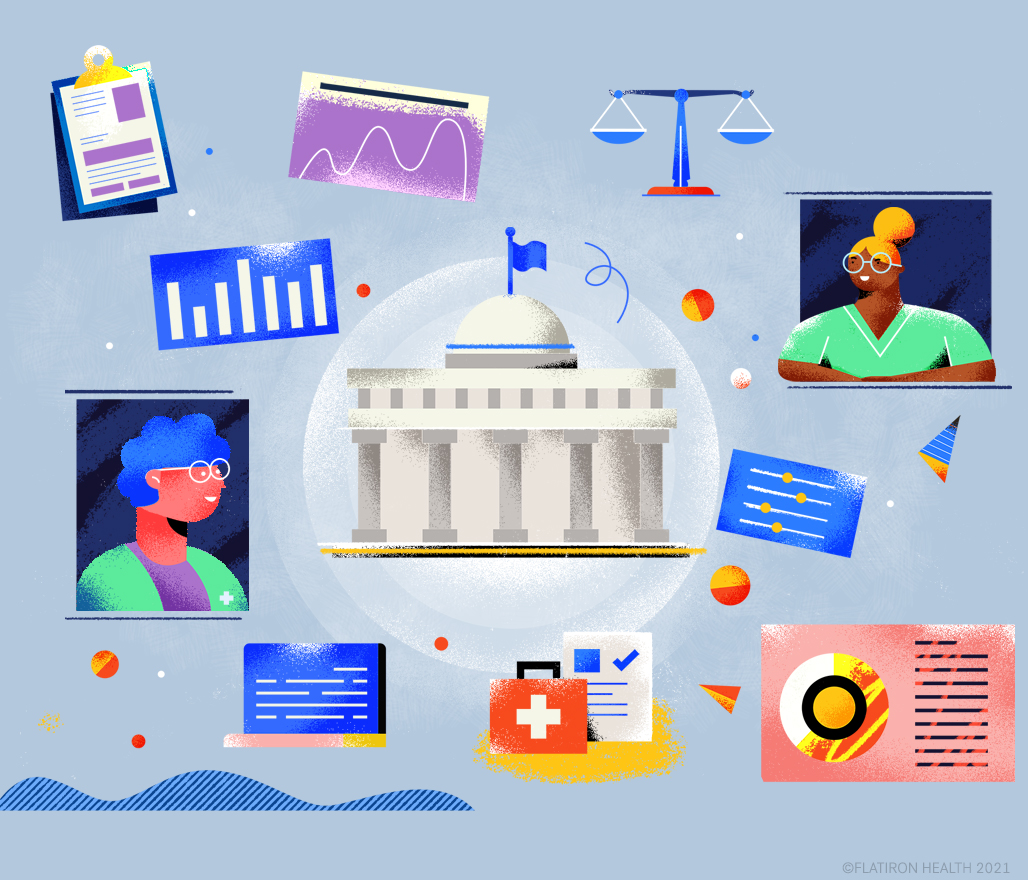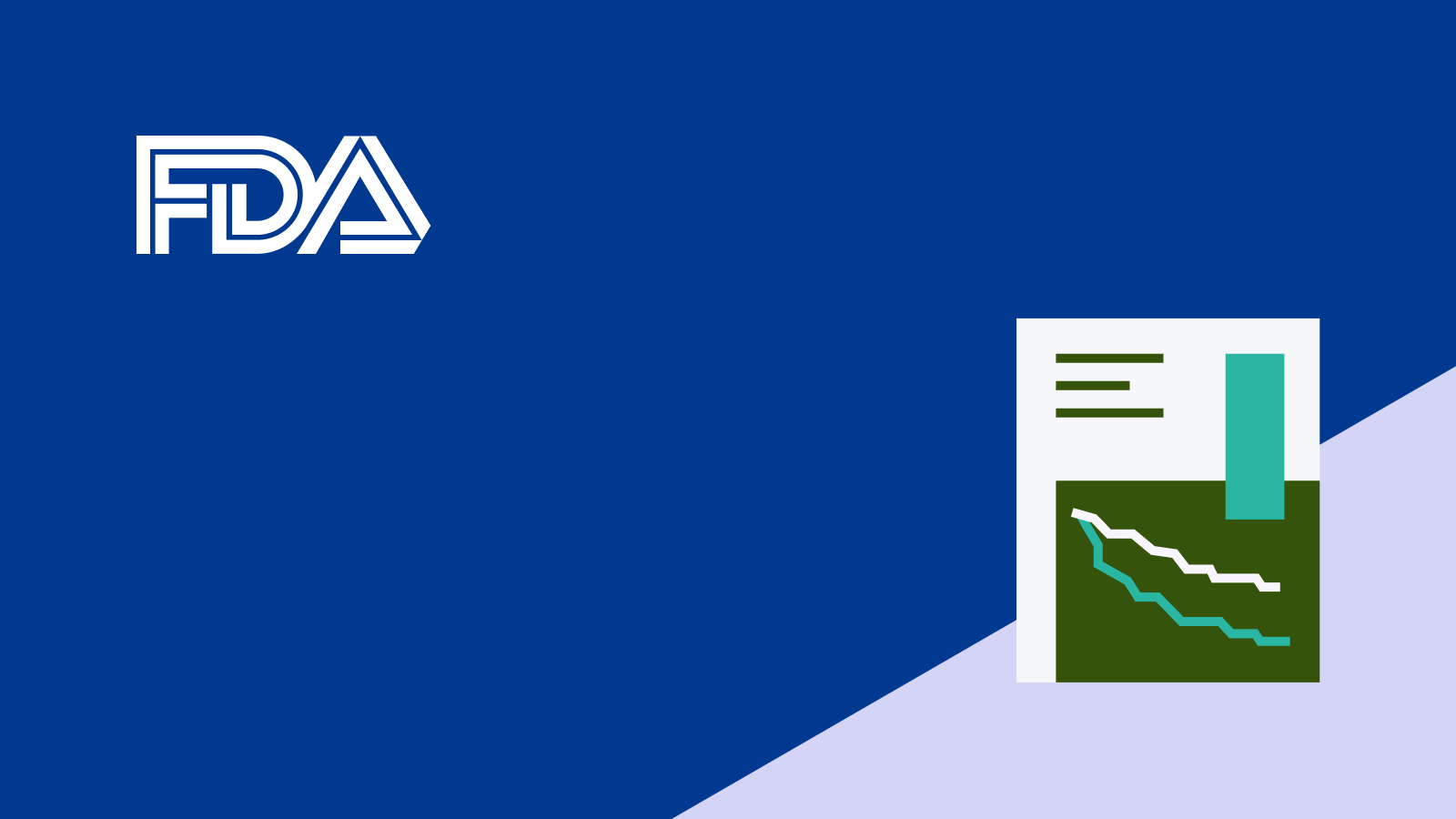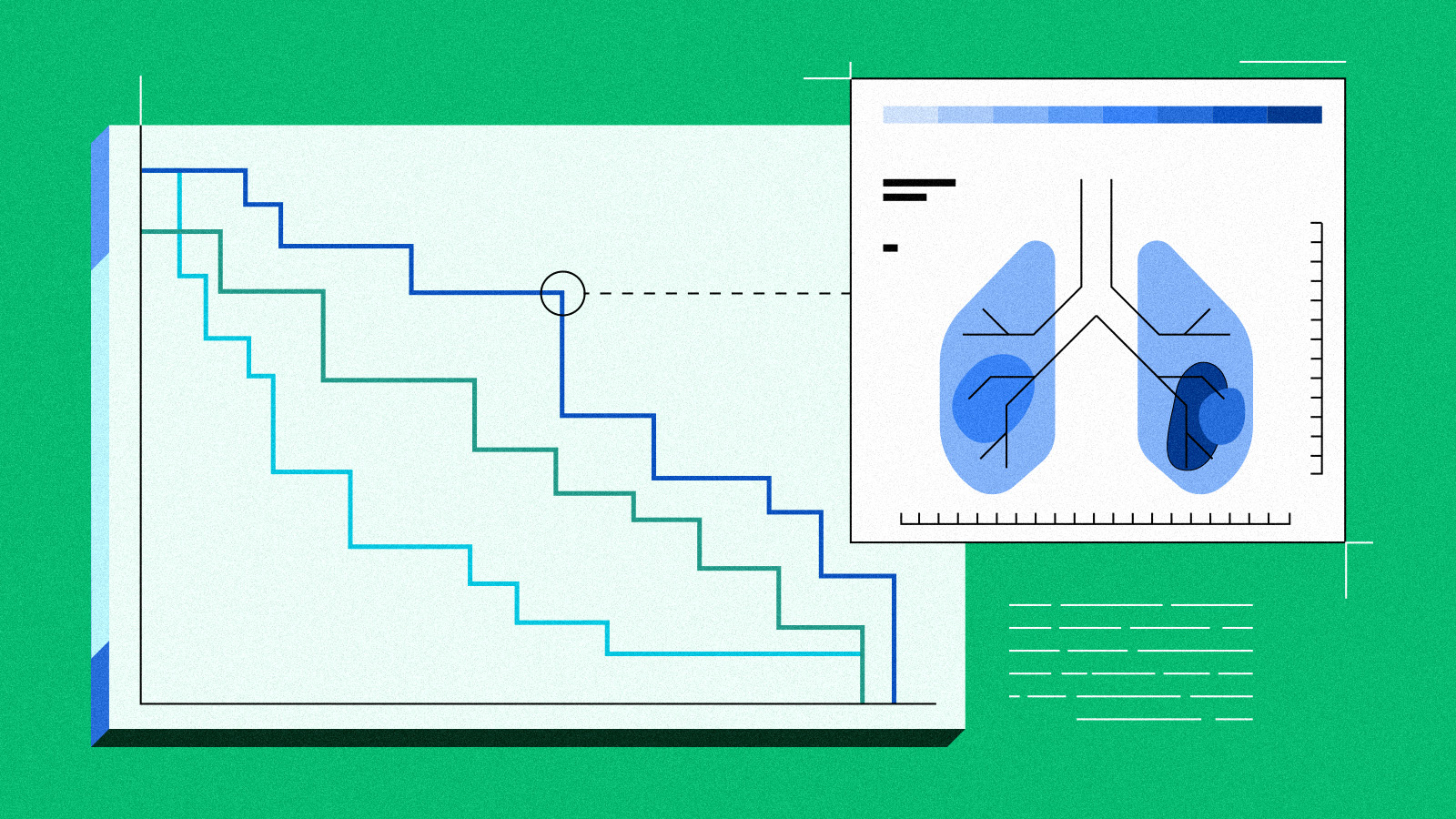On May 12, 2021, Flatiron Health provided invited remarks about the potential of real-world evidence (RWE) to improve public health in the United States to the annual meeting of the Reagan-Udall Foundation for the FDA. Irene Nunes, Flatiron's vice president and head of regulatory affairs, called for greater understanding and transparency around how and when RWE can be used for regulatory decision-making, and continued collaboration among stakeholders from industry, academia and government. Her full remarks follow here:
Good morning. I am Irene Nunes, vice president, head of regulatory affairs at Flatiron Health, and am a Roche stockholder. Thank you for the opportunity to present Flatiron's perspective on the potential of real-world evidence (RWE) to improve public health in the United States.
Flatiron is dedicated to advancing the understanding of how real-world data (RWD) derived from electronic health records can be used to improve patient care and inform decisions about the development of cancer therapies. We partner with cancer centers across the United States, supporting their practices and generate de-identified research RWE datasets. Our vision is to realize the full potential of RWE to support the development of new oncology treatments, including precision medicines, as well as improve patient access to effective therapies and care.
RWE can complement clinical trials by filling critical information gaps. In oncology, a small percentage of patients enroll in clinical trials, typically because most patients don't meet the eligibility criteria or aren't receiving care from a facility or physician connected to a clinical trial. In recent guidance documents, FDA has recognized the importance of broadening the diversity of study populations in clinical trials. RWE can advance this goal because it reflects information about patients who may not have access to a clinical trial site, or whose age or comorbidities may make them ineligible for a clinical trial.
Understanding how and when RWE can be used for regulatory decision-making becomes critically important for patients to truly benefit from RWE. This understanding is advanced through continued collaboration when stakeholders from industry, academia and government come together to work toward a common goal such as through the COVID-19 Evidence Accelerator.
RWD continue to be dispersed across the healthcare ecosystem. To leverage its potential for patients, we will need to advance the policy frameworks, guidelines and data standards for the curation of high-quality data needed for rigorous, evidence-based decisions. FDA meeting pathways are needed for companies that generate RWE to meet with the FDA. Regulatory certainty through formal meetings would drive investment in tools that could advance RWE suitable for regulatory decision making and accelerate patient access to effective therapies.
Finally, it would be optimal if learnings from marketing applications with RWE were shared broadly, to advance best practices for how RWE is generated and used by Sponsors and Health Authorities in regulatory decision-making.
Thank you for the opportunity to contribute today. We look forward to future discussions and collaborations.



